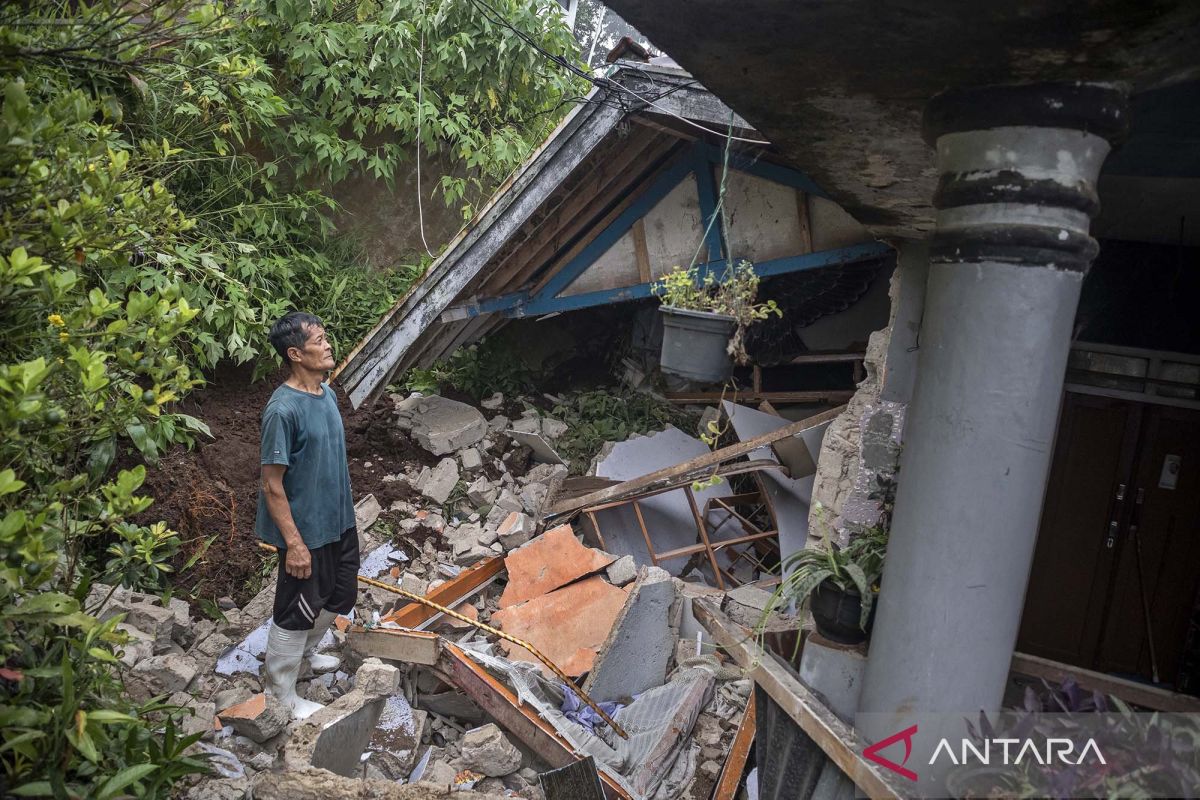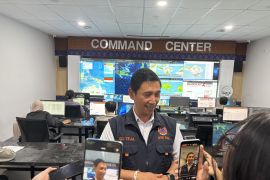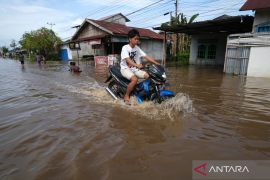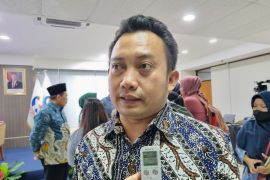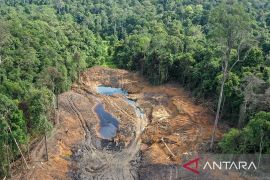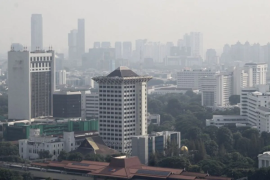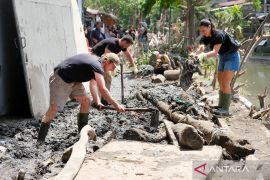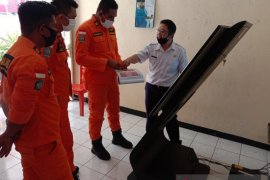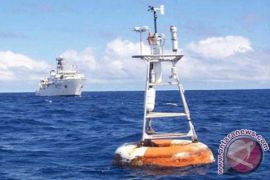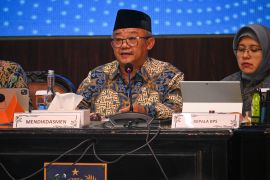“We are shifting from reactive responses to a more systematic and coordinated anticipatory approach,” said Lilik Kurniawan, the ministry’s deputy for disaster and social conflict coordination, in a statement issued on Friday.
He explained that the AMPD is a strategic approach aimed at minimizing humanitarian impact before disasters occur.
Kurniawan emphasized that traditional emergency response methods are no longer sufficient, calling for a paradigm shift toward structured, proactive action that involves all stakeholders from the outset.
Citing data from the National Agency for Disaster Management (BNPB), he noted that Indonesia experienced 2,093 disaster events in 2024, with floods accounting for 1,077 incidents, or 51 percent of the total.
“This underscores the need for greater preparedness and collective preventive measures,” he said.
The AMPD approach integrates three key elements: an effective early warning system, concrete anticipatory actions, and accessible, ready-to-use funding.
Kurniawan said that these three components are essential to reducing disaster impacts and accelerating recovery.
“AMPD is not just a technocratic agenda; it reflects a national commitment to inclusive and risk-based development,” he added.
The ministry reaffirmed its commitment to maintaining cross-sectoral coordination and enhancing community resilience, particularly among vulnerable groups.
Related news: Development planning must factor in disaster risk: Indonesian govt
Related news: BMKG enhances early warning system for disaster triggers
Translator: Lintang Budiyanti, Raka Adji
Editor: Anton Santoso
Copyright © ANTARA 2025
